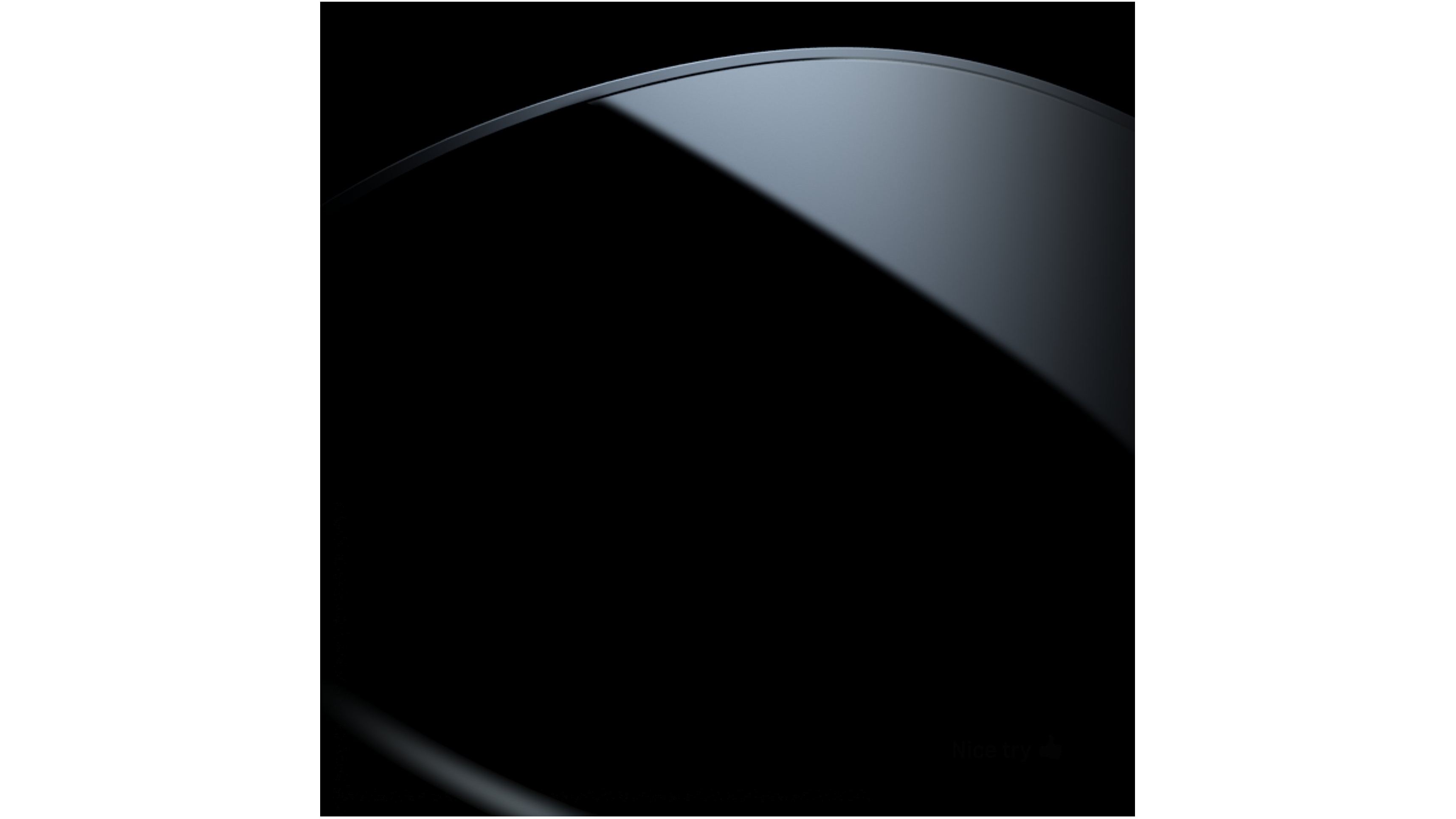Meta and Sony might have been dominating the conversation about consumer VR headsets for the past year or so, but long-time rival HTC isn’t ready to throw in the towel.
Following a teaser back in October, HTC reportedly has plans to announce a new standalone headset at CES 2023 – on January 5 – a device that promises to be lightweight yet “powerful,” capable of producing virtual reality and augmented reality experiences. Not too many details have been announced yet, but the descriptions so far paint it as a solid rival to both the premium Meta Quest Pro and more consumer-friendly devices like the Pico 4 and Oculus Quest 2.
Speaking with The Verge (opens in new tab), HTC global head of product Shen Ye said that the company will unveil a device that is not only a tool for gaming, entertainment, and exercise but for enterprise and productivity uses too. This fully self-contained VR headset won’t need a smartphone or PC to help it run, and it’ll support controllers and hand tracking for six degrees of freedom (6DoF) experiences – also known as full-VR experiences that are much more immersive than typical 3DoF VR activities like VR films.

Color passthrough seems to be the major focus for this product – which is unsurprising considering Meta and others have made it their top priority too. Color passthrough means you can see the real world in full color while wearing the headset thanks to outward-facing cameras.
This device won’t just mimic what’s come before however. Ye revealed that the headset will have a depth sensor – something which the Quets Pro lacks – that should allow for more efficient tracking of the user’s limbs and objects in the room, and it will also apparently boast a picture with better dynamic range than other options on the market. While we’ve been impressed with the color reproduction of headsets like the Pico 4, the Quest Pro’s color range wasn’t the best. If HTC’s device can deliver, this could give it a major leg up over its most notable competitor.
There’s one Meta Quest Pro issue that HTC’s headset won’t be able to dodge, however: short battery life. Ye has admitted that the device can only run for a maximum of two hours on a single charge, the same as the Quest Pro when it’s flexing its mixed reality capabilities. The Quest Pro can stretch to about three hours if it’s only used for VR experiences but we’ll have to wait and see if the HTC headset can go the distance, too, when used for less intensive tasks.
For now, there are many details we still don’t yet know about the device – most importantly how much it will cost – but we don’t have long to wait before we hear more on January 5. Be sure to return for our CES 2023 coverage if you want to find out all of the latest details.
Want to find out more about the state of VR? Check out our picks for the best VR headsets, as well as the titles we think are the best VR games out there.




